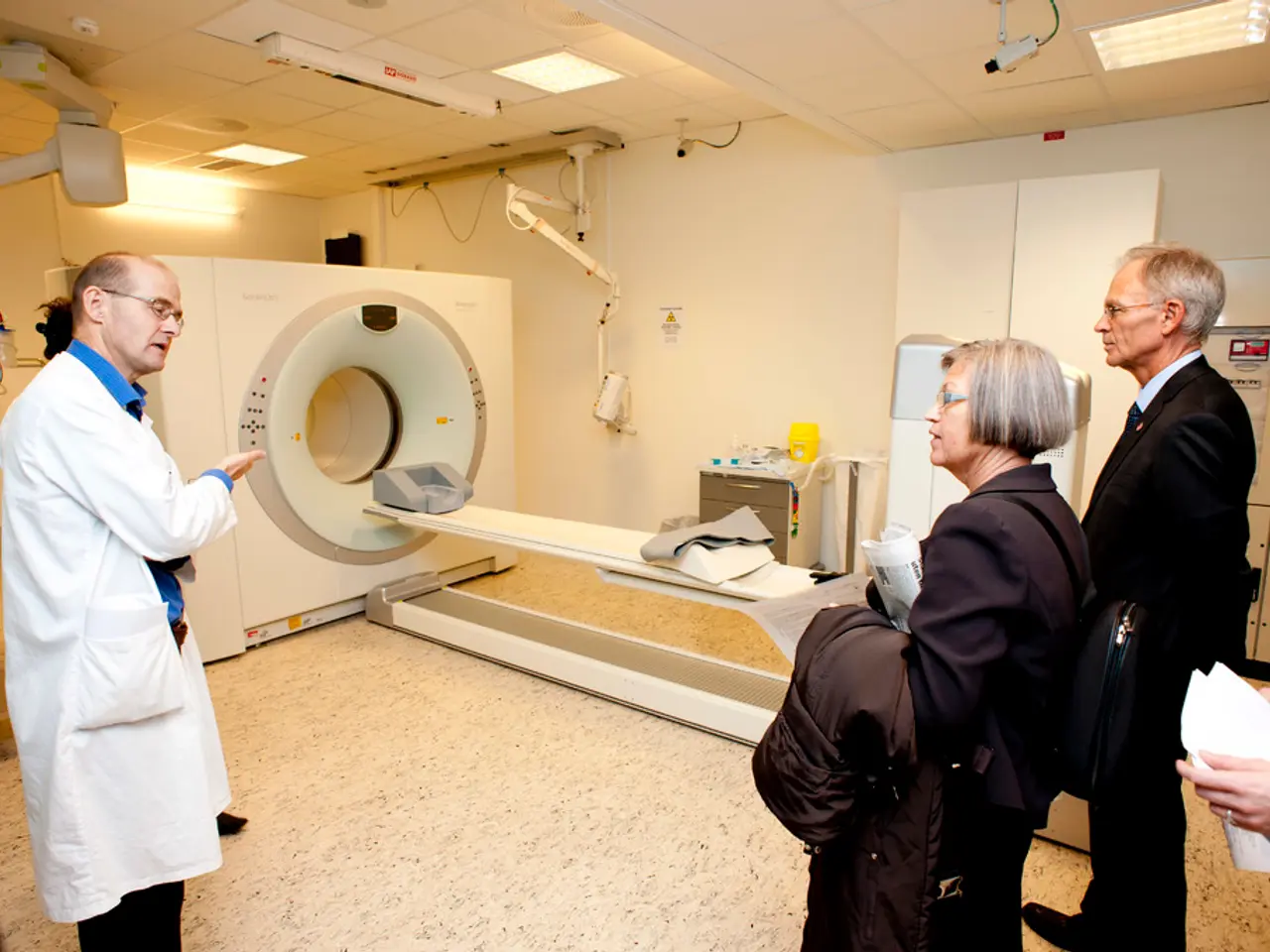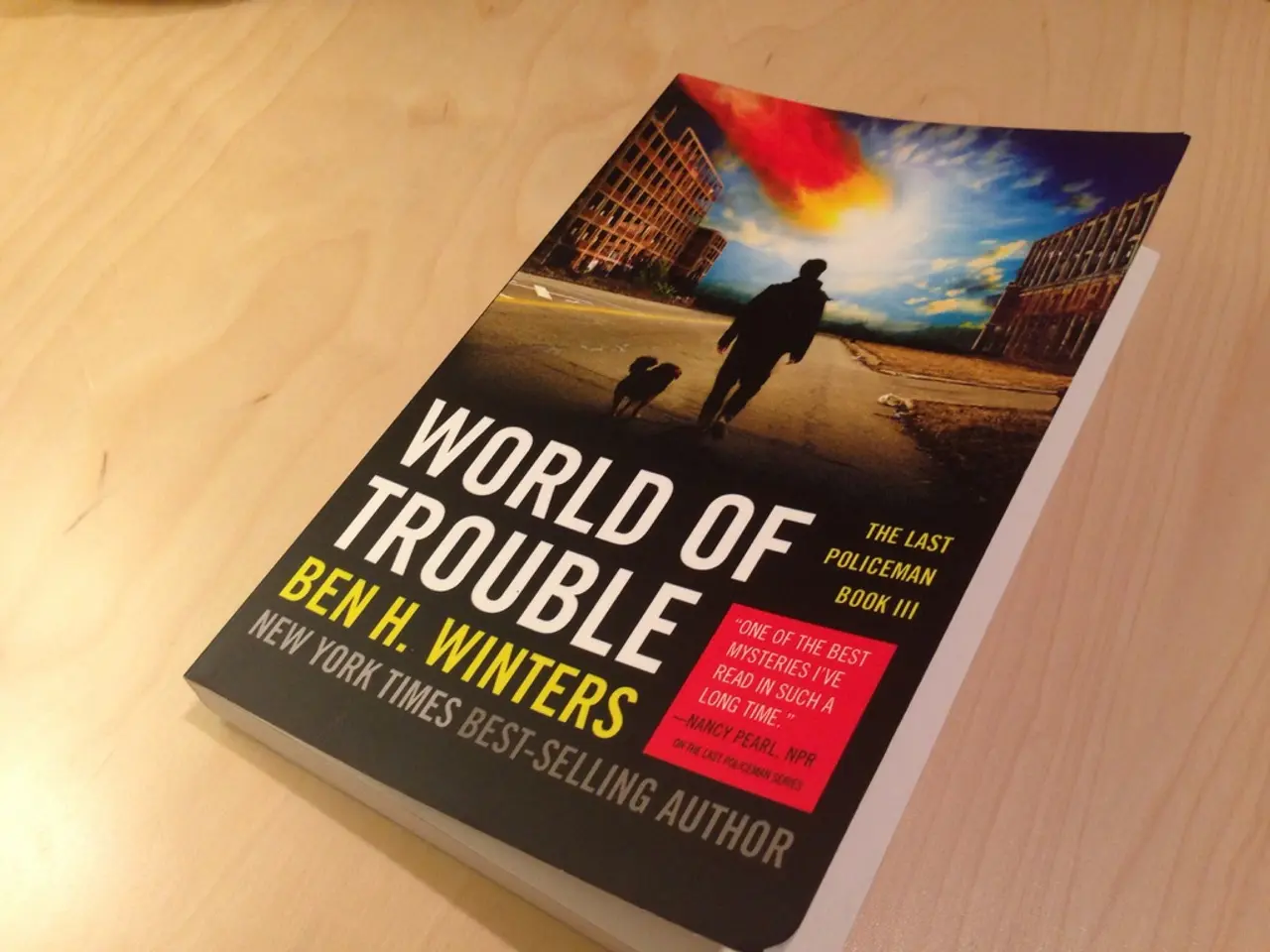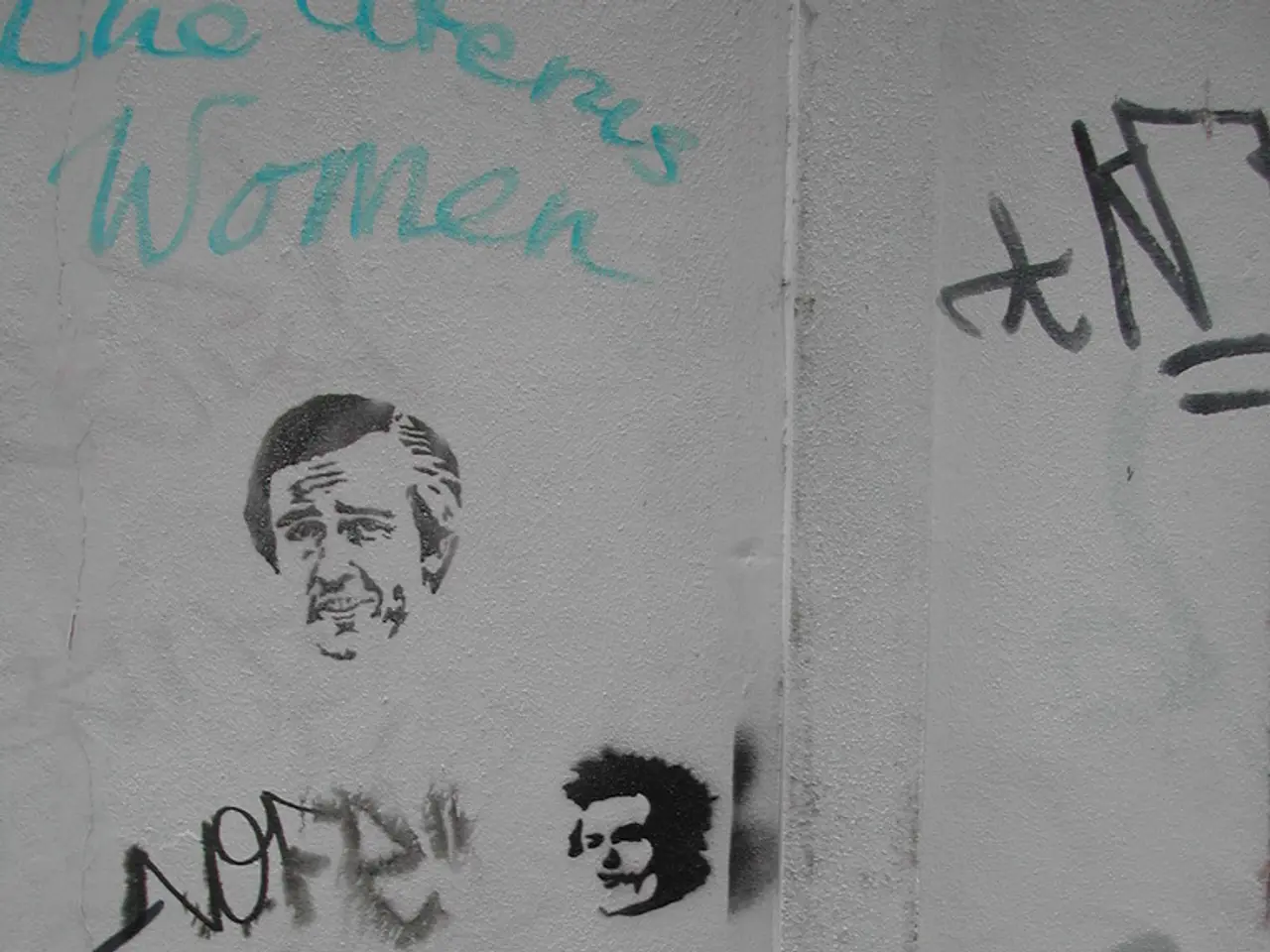In over eight decades following the Trinity atomic explosion in New Mexico, potential reparations for local residents, known as Downwinders, could be on the horizon.
**New Mexico Residents Affected by 1945 Trinity Test to Receive Compensation**
After nearly eight decades, New Mexico residents who have suffered health problems due to the fallout from the world's first atomic bomb test are finally eligible for financial compensation. This historic development comes as a result of an expanded and extended Radiation Exposure Compensation Act (RECA), which was signed into law by President Trump on July 4, 2025.
The original RECA, enacted in 1990, primarily covered downwinders near the Nevada Test Site, but it excluded Hispanic residents and Mescalero Apache tribal members near the Trinity Site. However, the recent legislative changes have rectified this oversight, allowing these long-overlooked victims to apply for $100,000 in compensation for harm caused by radiation exposure from the nuclear test.
The expanded RECA also includes additional groups, such as uranium industry workers like core drillers, increasing eligibility and benefits. Tina Cordova, co-founder of the Tularosa Basin Downwinders Consortium, has expressed gratitude for the compensation, but she notes that it does not equate to justice for the loss of her father.
U.S. Senator Martin Heinrich (D-NM) has championed this cause for years, welcoming the expanded justice for New Mexico downwinders and uranium miners. However, he emphasised the decades-long struggle of affected families for recognition and support.
The Trinity Test, conducted in 1945 near Alamogordo, New Mexico, caused radioactive ash to fall over large swaths of surrounding regions. Multiple generations affected by the nuclear program have spent decades seeking recognition and reparations. Despite the compensation, formal apologies from the federal government remain lacking, and affected communities continue to seek full accountability and awareness.
Memorial efforts, such as a commemorative sign near the Trinity Site, are underway to honour the victims and educate future generations. However, there is ongoing concern because other legislation attached to the RECA expansion bill has resulted in cuts to Medicaid that may negatively affect some New Mexico residents, including Trinity Test victims.
U.S. Senator Ben Ray Luján (D-N.M) has worked tirelessly to pass legislation expanding RECA. Despite the progress, the struggle for justice and recognition continues for the victims of the Trinity Test and the state's uranium mining industries.
- As a result of the recent legislative changes, New Mexico residents who have been affected by the fallout from the 1945 Trinity Test, including mescalero Apache tribal members and Hispanic residents, are now eligible for financial compensation under the expanded Radiation Exposure Compensation Act (RECA).
- The expansion of the RECA also includes additional groups, such as uranium industry workers like core drillers, extending the benefits to a wider range of affected individuals.
- Tina Cordova, co-founder of the Tularosa Basin Downwinders Consortium, recognizes the compensation as a significant step towards justice, but she also highlights that it cannot compensate for the loss of her father due to radiation exposure from the nuclear test.
- U.S. Senator Martin Heinrich (D-NM) is pleased with the increased justice for New Mexico downwinders and uranium miners, but he continues to emphasize the long-term struggles of affected families for recognition and support.
- The ongoing concern among New Mexico residents, including Trinity Test victims, is the impact of other legislation attached to the RECA expansion bill that may result in cuts to Medicaid, potentially affecting their healthcare and wellbeing.








